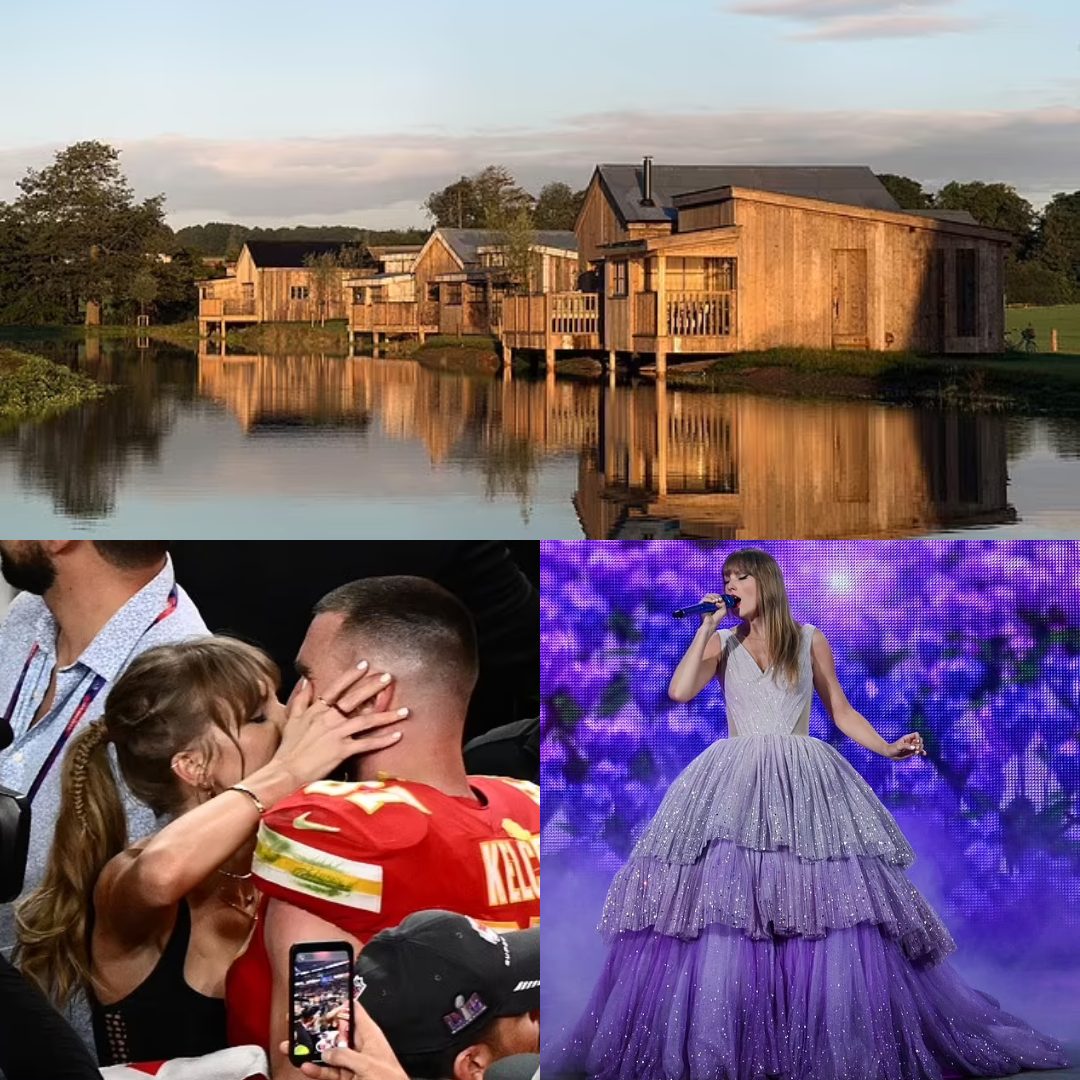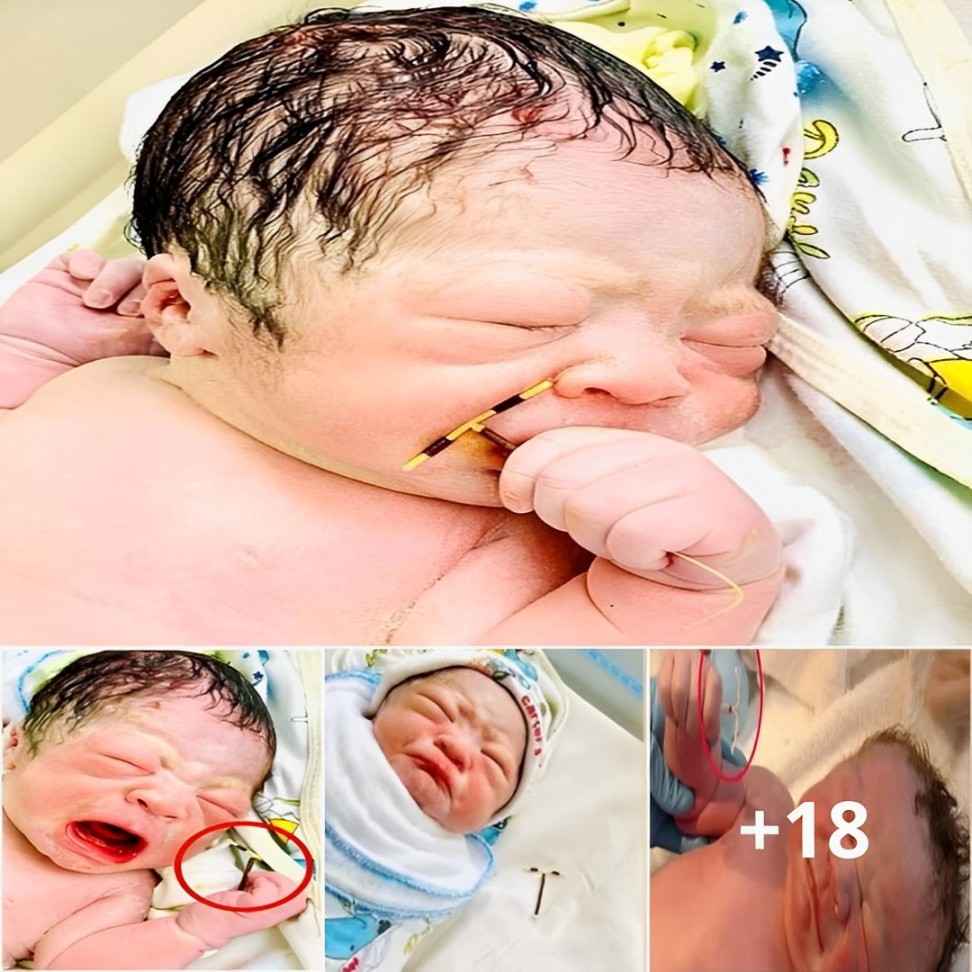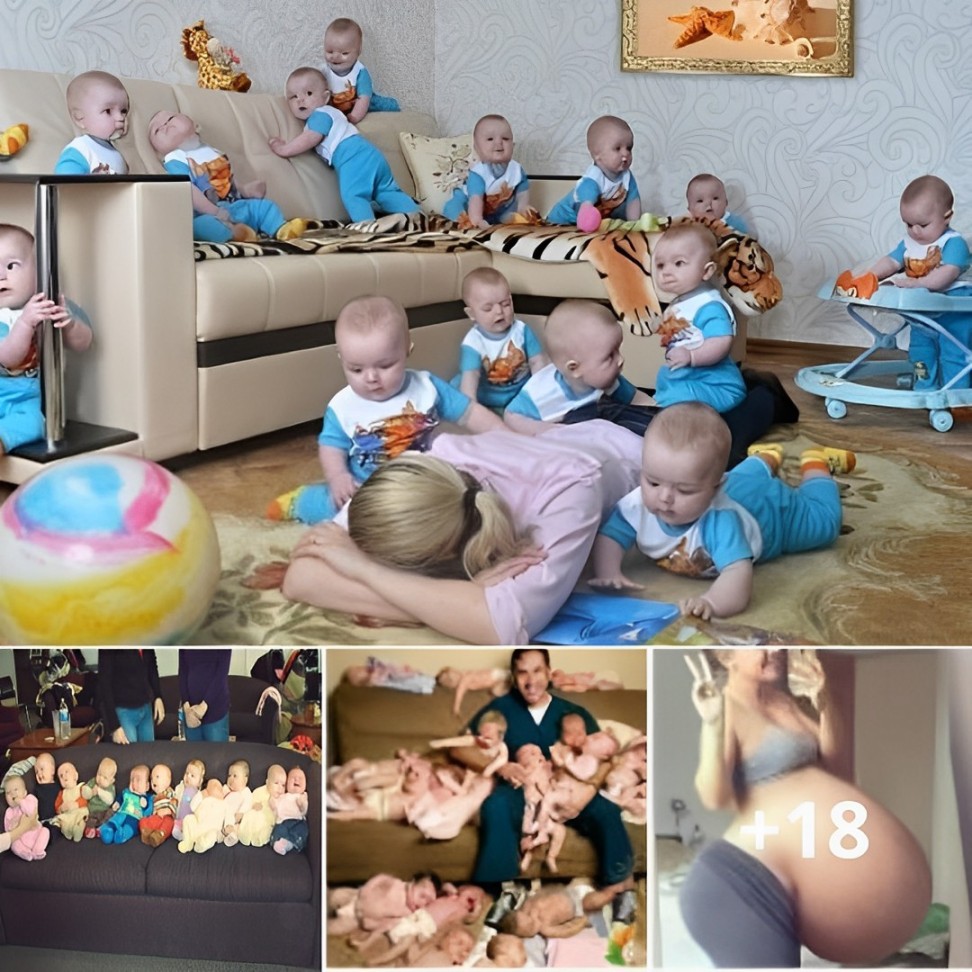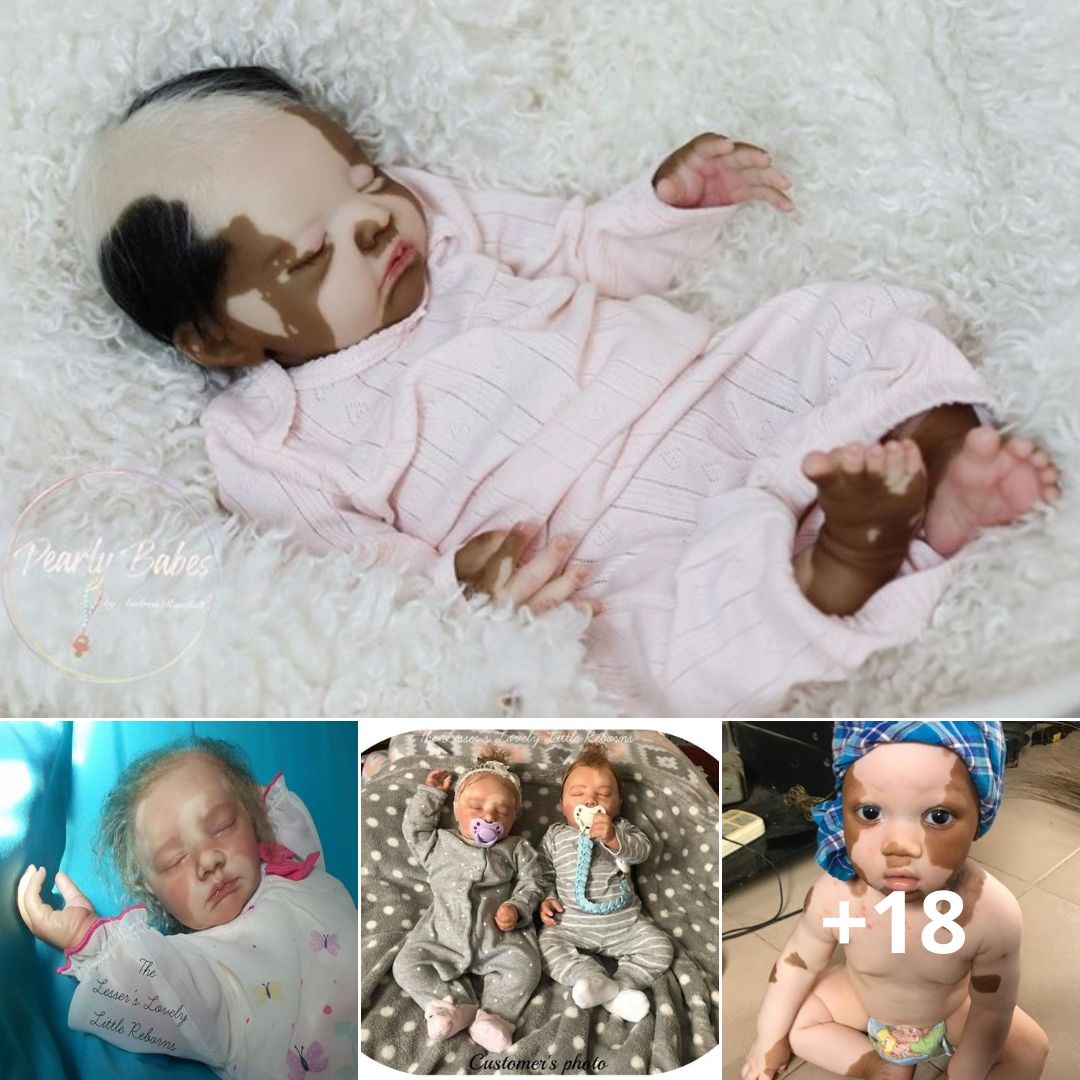These are the “golden” stages of language development for children that parents must definitely pay attention to.
Language skills really play a huge role in children’s intelligence. If children have a rich vocabulary, parents should encourage them to read more books and talk more together. Using language early and fluently is a typical characteristic of talented children who have the ability to lead and speak in public.
\
Therefore, right from when their children are young, parents need to pay attention to cultivating their vocabulary through the following 4 especially important stages.
Before 1 year old: Pre-linguistic stage
The pre-linguistic stage is the stage of preparation for spoken speech, before children master language. During this period, many parents think that their children do not understand anything because they are too young and do not talk much with them. This is extremely wrong thinking. Before 1 year old is a great period for children to accumulate language materials.

Before 1 year old, parents should communicate a lot with their children through simple topics. (Illustration)
Before 1 year old, parents need to constantly create simple topics to communicate with children. In fact, parents just need to smile, coo and chat or make any physical movements to communicate with their children. In this way, even though the child cannot speak yet, language function will begin to develop. Children will try to babble and make sounds to communicate with people.
During communication with children, parents need to keep a calm, pleasant, cheerful tone, and often look into the child’s eyes to express concern. This will stimulate children to develop language and be able to communicate with people soon.
From 1 – 1.5 years old: Single word pronunciation stage
It takes nearly a year for children to go from just crying to expressing their needs through pronouncing single words. After children actually begin to speak, they need to continue to accumulate vocabulary. At about 1.5 years old, children continue to use a few simple words to express a sentence, even to fully express what they want to say.

During this stage, parents need to simplify language and teach children more easy-to-understand concepts so that children can absorb. This helps children accumulate more vocabulary and improve their thinking ability through observing, exploring, and listening. Communicate a lot with your children about topics around life so that they can establish awareness of language, thereby developing language quickly.
From 1.5 – 2 years old: Simple sentence development stage
If children from 1.5 – 2 years old have accumulated rich verbal concepts in previous stages, at this stage they can say simple sentences of 2-3 words or more.
At first, the sentences may not follow grammar. To express their feelings and desires, children can only emphasize nouns and verbs. Therefore, during this stage, when communicating with their children, parents need to call them by name because children have not yet mastered pronouns. In addition, parents need to help their children develop language through forms such as: Spending more time talking, reading books to children, teaching children nursery rhymes…
When children are 1.5 – 2 years old, many parents mistakenly think that children can understand the content of cartoons, so they let their children watch TV all day. However, this does not benefit language development, it only causes children’s vision to decline.

From 2 – 5 years old: Preschool language learning stage
During the period from 2 to 5 years old, children gradually learn many complex sentences. At this time, children have developed proficiency in language expression skills and communication skills, while also accumulating confidence and boldness. Therefore, parents need to create a rich and diverse language environment for children so that children have many opportunities to practice.
Besides, parents should guide children how to use language to achieve their own goals and desires. For example, discuss with children the games and jobs they do during the day in “adult language”. Children will be very eager and excited to share everyday stories with their parents. This is an indirect way to help children hone their language and improve their communication skills.

The process of helping children develop language requires knowledge, skills and perseverance. In addition, the more parents create a suitable and rich environment for their children, the faster they will absorb language and give themselves confidence.





